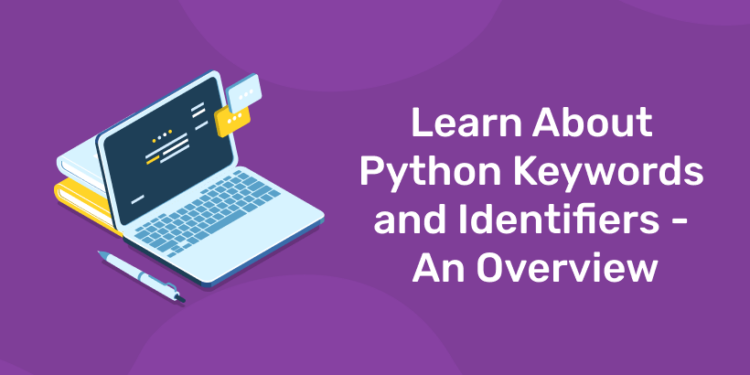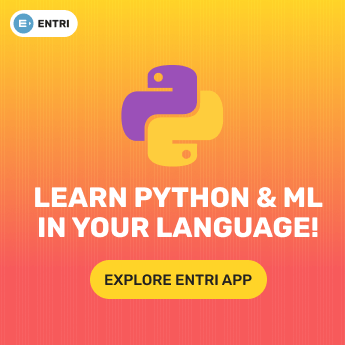The world is now turning towards technological advancements. Programming and Coding have a great impact on that. Many programming languages are used in different fields. Today’s world fields like software engineering, Machine learning, Artificial Intelligence, Medical Care, Education, etc are getting the service of programming languages. Among the programming languages, available Python is an important language. Python is a beginner-friendly high-level language. It has a simple syntax and beginners can easily grab the basics of the language and become a python programmers. It is easy to read python codes. Python codes can be used for multiple platforms. If you write a code in Python for Windows, you can use the same code for Linux and macOS as well. And Python is an Object Oriented Programming language. So these features make the Python language favorite among developers and beginner programmers.
Programming languages don’t understand the language of humans. If we say a sentence and then add a comma to the sentence then the meaning will change. That will be understood by humans. But in the case of computers, they don’t understand the change. Like these programming languages also. They understood what we convey through keywords. Keywords can be defined s special words which is understandable by computers. These are reserved words. These keywords are not the same for all Programming languages. In each programming language, there will be keywords that cannot be used or reserved only for that language.
“Ready to take your python skills to the next level? Sign up for a free demo today!”
Python Keywords
Keywords in python mean a set of specified words that intend to perform a certain task. Keywords are used to write codes in programming languages. There are exclusive keywords for some languages and some exceptions. Let us look at the keywords of the Python language.
- and- it is a logical operation. It returns true if both operands are true and else false
- as- create alias
- assert – check correctness during debugging
- break – break a loop
- class – define a class
- continue – continue the next repetition of the loop
- def – define a function
- del – delete the reference of an object
- elif – else if, used for condition
- else – if the condition is false
- except – exceptions
- false – boolean value
- finally – execute a block of code
- for – in for loop
- from – import specific module
- global – declare a global variable
- if – conditional, executes if the condition is true
- import – import a module
- in-check value is present in an ist
- is – to check two variables are equal
- lamda – create an anonymous function
- none – represent a null value
- nonlocal – declare a non local value
- not – returns true if the operand is false
- or – returns true if any of the integer is true
- pass – a null statement
- raise – raise an exception
- return -used to exit a function
- true – boolean value
- try – make try-except statement
- while – while loop
- with – simplify exception handling
- yield – end a function
These are the main keywords and their functions which are used in Python programming languages.
“Experience the power of our web development course with a free demo – enroll now!”
Python Identifiers
It is a user-defined name. An identifier is used to identify the entities like class, functions, variables, etc. These identifiers are used to find out the difference between one entity from another. In python, it is said that it is a case-sensitive programming language. The python identifiers are also case sensitive. Count and count are two different identifiers in Python.
Are you aspiring for a booming career in IT? If YES, then dive in |
||
Full Stack Developer Course |
Python Programming Course |
Data Science and Machine Learning Course |
Rules to Name an Identifier
When an identifier is named it has to follow certain rules. We said that Python is a case-sensitive language and its identifiers. So if a user needs to store the count of numbers, it can be named as c instead of count to avoid confusion. But the naming must follow certain rules. They are:
- It can be a combination of letters in uppercase or lowercase, digits and underscores
- Keywords cannot be used as identifiers
- Spaces are not allowed in identifiers
- The starting portion cannot contain digits or cannot be started with digits
- Special symbols (!,@,#,$,% etc) are not allowed
Conclusion
Some keywords and identifiers are essential for a programming language. In this article, we have discussed the important keywords in python and their uses. Also, the identifiers and rules to name identifiers.
Related Articles
| Our Other Courses | ||
| MEP Course | Quantity Surveying Course | Montessori Teachers Training Course |
| Performance Marketing Course | Practical Accounting Course | Yoga Teachers Training Course |














